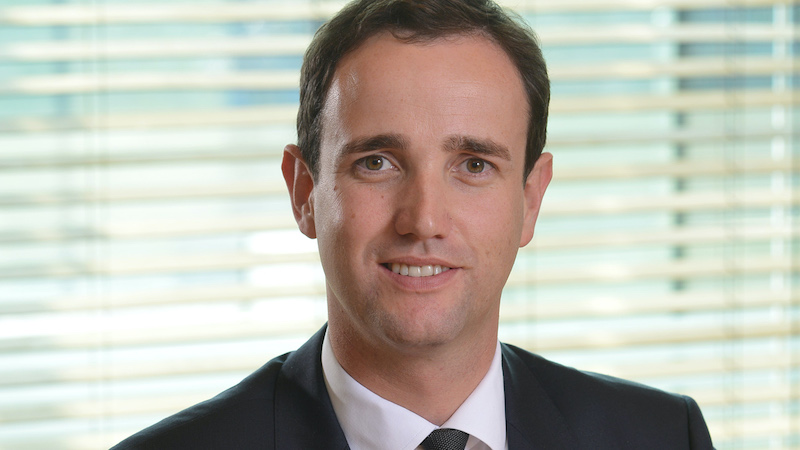St James’s Place has overhauled two of its fund ranges as it seeks to “create asset class building blocks, improve consistency of returns and long-term performance”.
The changes, which will come into effect from 25 July, affect two of its strategies: Global Growth and Emerging Market Equity.
The £2.4bn emerging market mandate will see its investment objective and policy change, as well as undergo a shift from a single manager to a multi-manager strategy. SJP said “this will increase diversification and reduce manager-specific risk”.
As such, the existing manager, Wasatch Advisors, will be joined by Lazard Asset Management, ARGA Investment Management and Somerset Capital Management.
In tandem, the £6.5bn SJP Global Growth mandate will also see its existing manager line-up of Edgepoint and Sands Capital joined by a trio of new faces; including Axiom Investors, WCM Investment Management and Artisan Partners.
It will also shift from a fund of fund structure to being directly invested, in a bid to “improve flexibility and liquidity”.
Tom Beal (pictured), chief investment officer at SJP, said: “These changes form part of an ongoing strategic shift towards building a robust multi-manager approach, removing unintended risks and improving diversification. We are further applying our investment beliefs in order to improve the level of diversification within the strategies and use a blend of management styles to deliver client outcomes.
“The evolution of our fund range will provide our clients with an innovative investment approach that helps to secure their financial wellbeing in the future.”
Since the Financial Conduct Authority’s assessment of value (AoV) reporting requirements came into play, SJP has made a number of chops and changes to its fund range, most recently knocking Magellan off £10bn worth of mandates.







